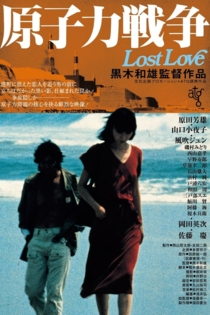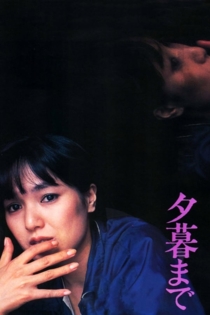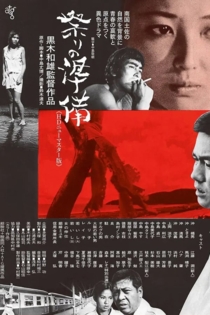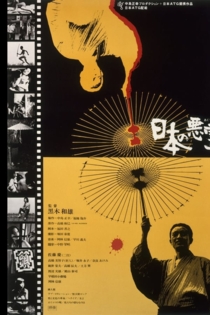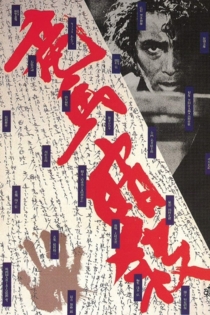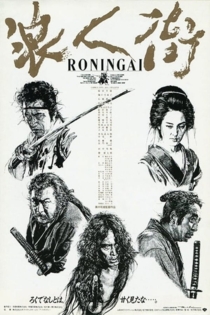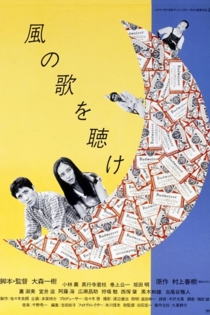
Kazuo Kuroki
1930 - 2006He attended Doshisha University, but left before graduating, instead finding employment at Iwanami Productions. There he directed PR films and documentary films, while also participating in the "Blue Group" (Ao no kai) with other Iwanami filmmakers such as Noriaki Tsuchimoto, Shinsuke Ogawa, and Yōichi Higashi, a group that was exploring new paths in documentary. Kuroki left Iwanami after experiencing conflicts with the sponsors of Hokkaido, My Love (1960). With Record of a Marathon Runner (1964) that helped spark changes in the Japanese documentary world.
Kuroki switched to fiction film, independently producing Silence Has No Wings (1966) and showing it at the Art Theatre Guild. He became one of the representative figures of ATG and independent Japanese cinema, and was particularly known for a series of works dealing with the atomic bombings of Japan, such as Tomorrow (1988) and The Face of Jizo (2004). These were in part spurred by his growing up near the city of Nagasaki. Kuroki's work also dealt with his own feelings of guilt from the war, as he felt responsible when some of his fellow students, who had been conscripted to work in a local factory, died in Allied bombings and he did not help
Kaiheki
Kazuo Kuroki
From the opening sequence, combining underwater and aerial footage, this masterpiece about the construction of a steam-power plant in Kurihama (south of Tokyo) far surpasses the limitations of the promotional film genre, and emerges as one of the most staggering sensory experiences in Japanese documentary.
The Sea Wall
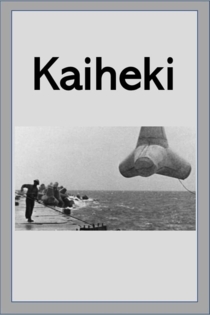
紙屋悦子の青春
Kazuo Kuroki
Tomoyo Harada, Masatoshi Nagase
In Kagoshima, in the final days of World War II, an offer of marriage comes to Etsuko Kamiya, who lives with her brother and his wife. The offer comes from Nagayo, but Etsuko is attracted to his friend, Akashi.
The Blossoming of Etsuko Kamiya
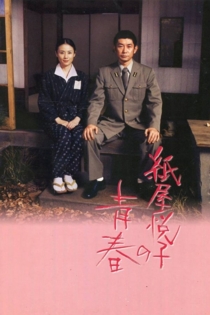
Tomorrow
Kazuo Kuroki
Kaori Momoi, Kaho Minami
On August 9, 1945, the Americans dropped an atomic bomb on Nagasaki. This film, based on a story by Mitsukaru Inoue, describes the daily life of people in Nagasaki the day before that fateful event. It presents the human drama of people's lives, and their feelings of joy and sadness. These include a newlywed couple, an expectant mother, and lovers who must say farewell because the boy is called to serve in the army. Each of these people, like others in the city, hoped to live with their dreams for ‘tomorrow’. But tomorrow never comes for them, as their lives are brought to an abrupt and unexpected end. Knowing how the story ends, in this case, doesn't detract from it at all; rather, it enhances the emotional impact, which is further heightened by the poignant musical score from Teizo Matsumura. 'Ashita' is the first film in Kazuo Kuroki's 'War Requiem Trilogy,' which also includes 'Utsukushii Natsu Kirishima' (2002) and 'Chichi to Kuraseba' (2004).
Tomorrow
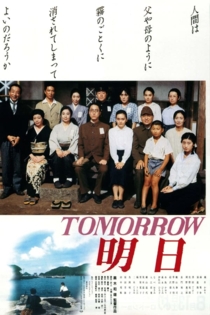
Silence Has No Wings
Kazuo Kuroki
Mariko Kaga, Hiroyuki Nagato
Following the journey of a caterpillar along the Japanese islands from Nagasaki to Hokkaido, this allegorical and oblique first feature film by Kuroki depicts in exquisite images a series of encounters and life's turning points.
Silence Has No Wings
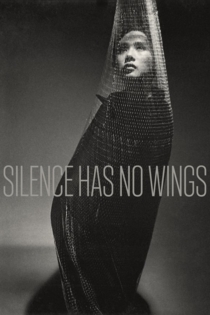
The Face of Jizo
Kazuo Kuroki
Rie Miyazawa, Yoshio Harada
Based on a play by Hisashi Inoue, it focuses on the sufferings of the survivors of Hiroshima. The film takes place during 4 days in the summer of 1948, as the ghost of her father visits Mitsué (Rié Miyama). He had somehow learned that she has fallen in love, and tries to convince her to start her new life. But Mitsué obstinately refuses his warm and humorous encouragements : « People were killed in my place. I do not have the right to find happiness », she says.
The Face of Jizo
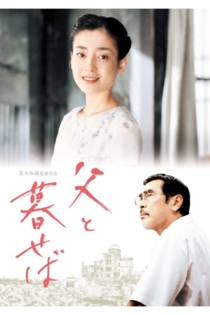
美しい夏キリシマ
Kazuo Kuroki
Tasuku Emoto, Yoshio Harada
Commencing well-respected Nippon director Kazuo Kuroki's sixth decade behind the camera, "A Boy's Summer in 1945" (literally "A Beautiful Summer in Kirishima") is a lyric, novelistic drama set in the countryside in the last days before Japan's surrender ending WWII. Striking a welcome retro note in its languid pacing and delicate handling of seriocomic ensemble threads, handsome production is a natural for fests. It might also prove a cornerstone for retrospectives or ancillary releases of works by a helmer ("Preparation of the Festival," "Ronin-gai") who's long been appreciated at home but has won just limited attention abroad.
A Boy's Summer in 1945
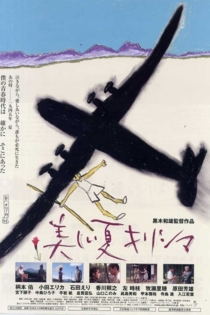
キューバの恋人
Kazuo Kuroki
Masahiko Tsugawa, Gloria Lee
Japanese fishery instructor Akira is attracted to beautiful Cuban young girl Martia. Though initially rejected, Akira still returns with Martia to her homeland. On the way he sees a post-revolution Cuba, cultivating fields, relics from the revolution, armies in training, and Castro in a political rally.
Cuban Lover

スリ
Kazuo Kuroki
Yoshio Harada, Jun Fubuki
Kaido is a professional pickpocket who works the Tokyo subway with his young foster-daughter, Rei: She lets herself be groped while Kaido relieves the groper of his wallet. More often than not they're observed by a middle-aged cop, who generally lets Kaido go free. Rei is unsettled when Kaido takes on a young street punk, Kazuki, as an apprentice -- with instructions to make Kaido stop drinking. Kazuki, however, would like to go into business with Rei.
Pickpocket
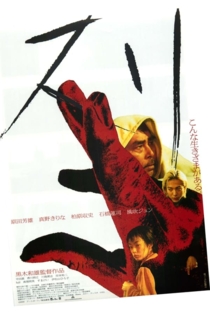
原子力戦争
Kazuo Kuroki
Jun Fubuki, Jun Hamamura
At a seaside city somewhere in the Tohoku area, the corpses of Nozomi, daughter of an affluent family, and Yamazaki, son of an engineer at the local nuclear power-plant, are found tied-to on a beach, as if they intended to commit double suicide. Nogami, a reporter, begins to investigate.
Lost Love
